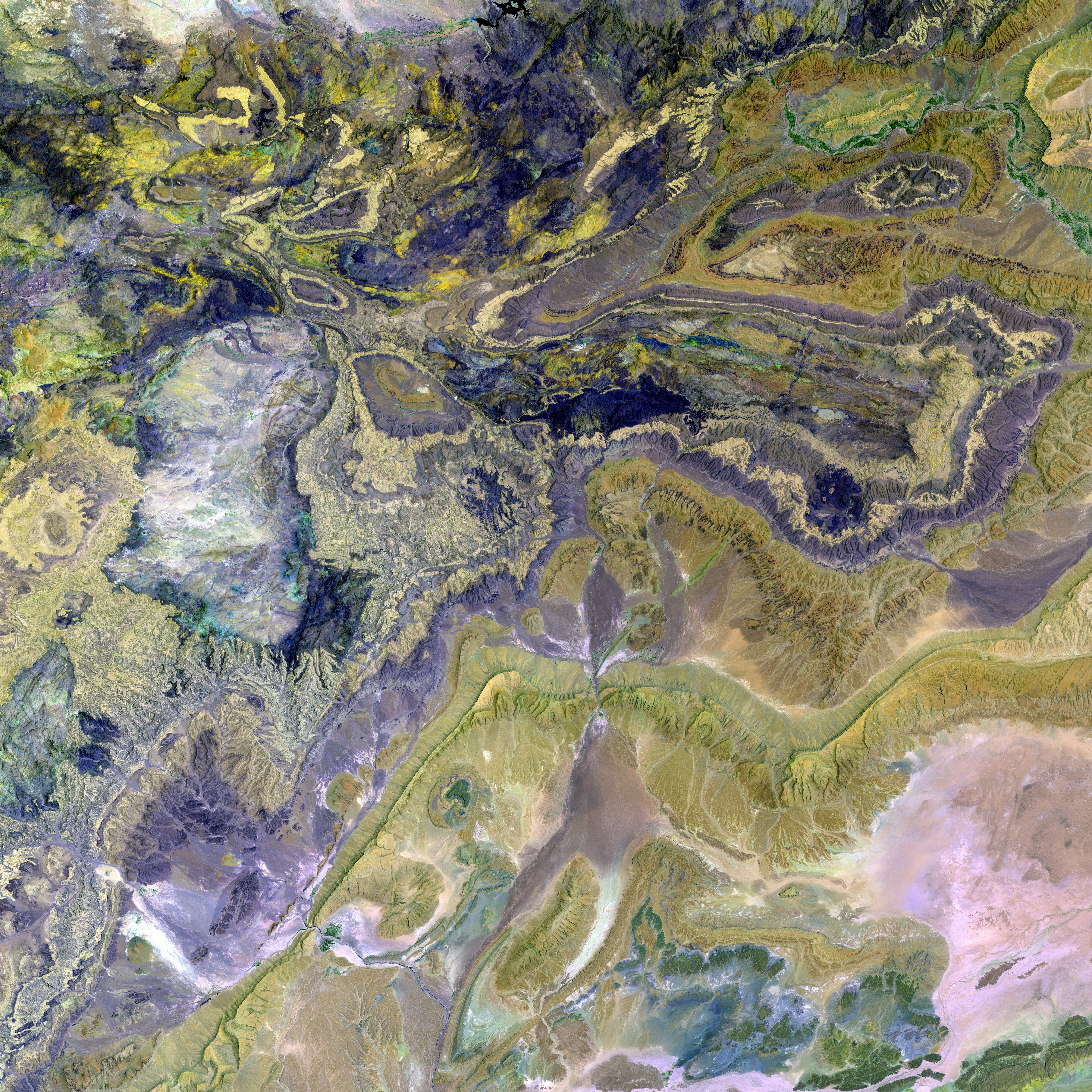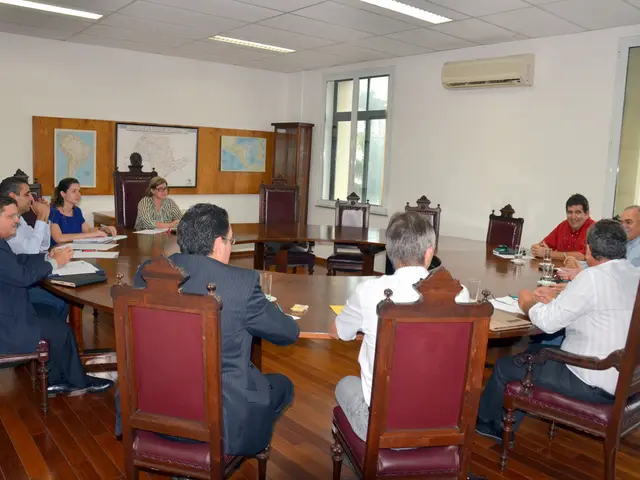Houthis Initiate Maritime Assaults: Their Blockade Strategy to Hinder Israel's Alleged Genocidal Acts in Gaza
Understanding the Root Causes Behind Houthi Attacks on Ships in the Red Sea
The Houthi militia, officially known as Ansar Allah, has been engaging in attacks on vessels in the Red Sea since November 2023. These incidents have garnered widespread attention, particularly among those backing the U.S. military intervention in Yemen, yet questions about why these attacks are taking place remain largely unanswered.
In the ongoing discourse on Trump's increased military presence in Yemen, few mention the context behind the Houthis' actions, choosing instead to characterize the attacks as simple acts of aggression. However, a closer examination of the situation reveals that the Houthis' attempts to disrupt maritime traffic are rooted in a desire to bring attention to the crisis in Gaza.
Over two weeks of engagement with individuals who express support for Trump's escalation in Yemen have led to a startling conclusion: very few of these individuals possess a clear understanding of the conflict's underlying causes. While they are aware of the Houthis' attacks on ships in the Red Sea, they do not understand the impetus behind these actions, often assuming the Houthis are malicious or that Iran is orchestrating their behavior.
The reality, however, is more complex. It is essential to recognize that the Red Sea blockade serves as a means to challenge Israel's actions in Gaza. During periods of ceasefire between Israel and Hamas, attacks in the Red Sea have ceased. The Houthis announce the resumption of the blockade only after collaborative efforts between Trump and Israel's prime minister, Benjamin Netanyahu, to sabotage the ceasefire and resume the siege on Gaza.
By imposing a naval blockade on Israel's Port Eilat, the Houthis managed to reduce shipping activity by 85%. This pressure has been instrumental in prompting the Netanyahu regime to address the ongoing humanitarian crisis in Gaza. In contrast, supporters of Trump's military intervention continue to presume the Houthis' actions are simply acts of terrorism or piracy.
It is alarming that this widespread lack of knowledge extends to the reasons behind Trump's military campaign in Yemen, which appear to align with those of his successor, Biden, both pursuing a goal of shielding Israel from accountability for its actions in Gaza. The public's willingness to support the conflict without a clear understanding of its causes is concerning; it underscores the effectiveness of simplistic rhetoric and the erosion of critical thinking in contemporary political discourse.
Even when faced with evidence that Trump's war effort may be unnecessary, his supporters remain steadfast in their defense of his actions. Leaked conversations between Trump's inner circle revealed that there was no compelling reason to intensify military engagement at the time. Yet, inexplicably, the public continues to rally behind the president, ignoring appeals for reason and the voices of dissent within his own camp.
In order to genuinely curtail the Houthis' attacks on ships, it would be more effective for Trump to wield the substantial political leverage the White House holds over Israel to compel Netanyahu into a permanent ceasefire. Such a move would not only demonstrate Trump's commitment to peace but also differentiate him from the other warmongers who dominate the political landscape, as advocated by Tulsi Gabbard.
However, this is merely a call to action based on a more informed understanding of the roots of the conflict; the reality is far more complex, involving multiple regional powers, political ideologies, and ongoing humanitarian crises. The public must strive to gain a deeper understanding of these conflicts if they are to make informed decisions about the destiny of their countries and the lives of those affected.
The truth about the Houthi attacks on ships in the Red Sea is deeply rooted in the conflict between Israel and Gaza, as these actions serve as a means to challenge Israel's actions and bring attention to the ongoing humanitarian crisis in Gaza. Moreover, the general public's understanding of the reasons behind Trump's military campaign in Yemen is alarmingly inadequate, which highlights the importance of seeking out policy-and-legislation, war-and-conflicts, and general-news that shed light on the complexities of politics.








